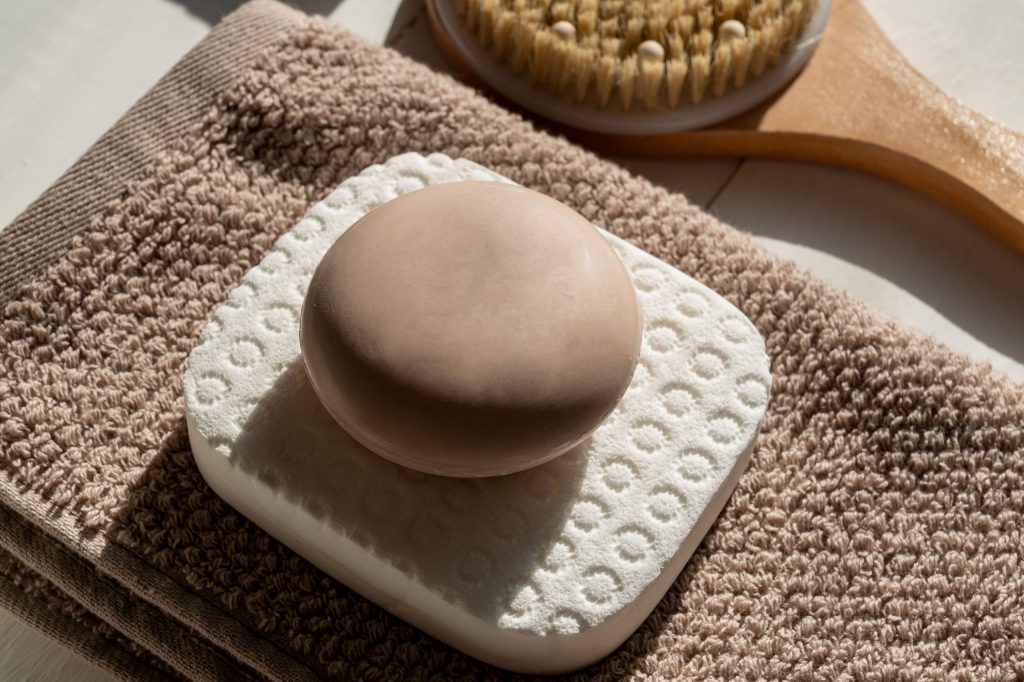In today’s fast-paced world, we often reach for whatever is most convenient — especially when it comes to personal care. But more people are beginning to turn away from store shelves and look toward handmade, natural soap as a cleaner, safer, and more creative alternative. So what makes handcrafted soap better than the commercial bars lining supermarket aisles? Let’s explore the reasons why this ancient craft is making such a powerful comeback — and how you can become part of it.
1. Ingredients That Actually Nourish Your Skin
Most mass-produced soaps are made with synthetic detergents, preservatives, and artificial fragrances. While these ingredients extend shelf life and reduce production costs, they can strip your skin of natural oils, cause irritation, and disrupt your skin’s moisture balance. Handmade soaps, on the other hand, are crafted using natural plant oils like olive, coconut, shea butter, and avocado — each offering unique benefits like hydration, repair, and protection.
When you make your own soap, you choose every ingredient. Want something ultra-moisturizing? Use mango butter. Need something cleansing but gentle? Try castor oil with a dash of calendula. This level of control makes your soap not just personal, but truly effective.
2. No Hidden Chemicals, No Guesswork
One of the biggest concerns with commercial soaps is the ingredient list — or lack thereof. Many use vague terms like “fragrance” or “surfactant,” which can mask a variety of chemicals that may be harsh or even harmful. With handmade soap, transparency is built in. You know exactly what’s going onto your skin because you made it — or bought it from someone who did.
Crafting your own soap eliminates uncertainty. It’s not just about going natural; it’s about peace of mind.
3. Customization for Every Skin Type
Have sensitive skin? Prone to acne? Need fragrance-free options? One of the joys of soapmaking is that every bar can be tailored to a specific skin concern. Add activated charcoal or tea tree oil for blemish-prone skin, goat’s milk for soothing dryness, or oatmeal for calming inflammation.
You’re not making just another generic soap — you’re making your soap, designed for your needs.
4. A Sustainable and Ethical Choice
Handmade soap is also a win for the planet. You can choose sustainable ingredients, use zero-waste packaging, and avoid animal testing — all common concerns with big brands. Plus, by making your own or buying from local makers, you’re supporting small businesses and reducing your carbon footprint.
Making soap encourages mindful consumption. You’re creating products with purpose, not just buying and discarding them.
5. Creativity and Self-Expression
Soapmaking is not only practical — it’s also a deeply creative process. From swirling colors and essential oil blends to molding unique shapes, it becomes a form of self-expression. No two bars are ever the same, and every batch is an opportunity to experiment, learn, and create something beautiful.
Many people find the process therapeutic. It’s a hands-on, tactile craft that brings joy both in the making and the using.
Conclusion: Handmade Soap is More Than Just Clean Skin
Choosing handmade over store-bought soap is about more than lather and scent. It’s about choosing ingredients that heal rather than harm, supporting sustainability, and creating something meaningful. When you make your own soap, you take back control — over what touches your body, how your products are made, and the story behind them.
If you’re ready to start your soapmaking journey, our Soap & Skincare Lab course will walk you through every step — from your first batch to confidently creating your own custom bars.

